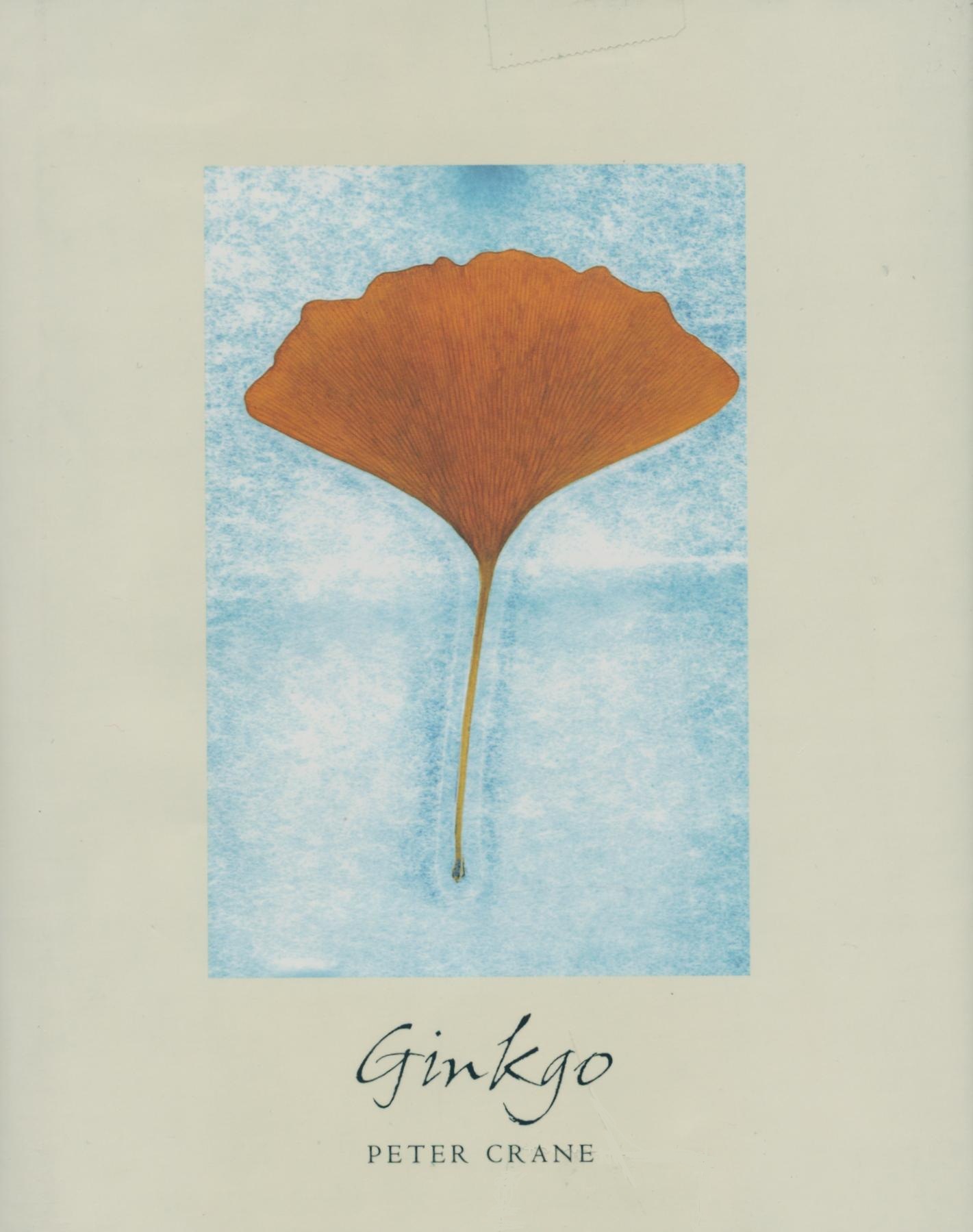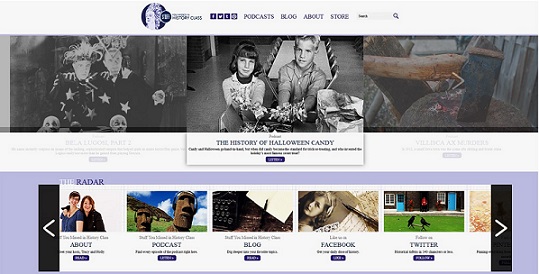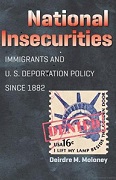The Federal Reserve, also called the Fed, is the central banking system in the United States. The Fed is responsible for printing national currency, issuing savings bonds and Treasury bills, regulating domestic and foreign member banks, and engaging in monetary policymaking, an activity undertaken by the Federal Open Market Committee (FOMC). The Federal Reserve has been around since December 23, 1913, when the Federal Reserve Act was enacted. According to the Federal Reserve System website, the primary goals of the Act were to:

- Maximize employment
- Stabilize prices
- Moderate long-term interest rates
There are twelve regional Federal Reserve Banks that are part of the Federal Reserve System. These banks are located in major cities, such as New York, St. Louis, Chicago, and San Francisco. Most of Wisconsin is served by the Federal Reserve Bank of Chicago.
One example of policy created by the Fed is the Equal Credit Opportunity Act, which makes it makes it illegal for ‘‘any creditor to discriminate against any applicant with respect to any aspect of a credit transaction (1) on the basis of race, color, religion, national origin, sex or marital status, or age (provided the applicant has the capacity to contract); (2) because all or part of the applicant’s income derives from any public assistance program; or (3) because the applicant has in good faith exercised any right under the Consumer Credit Protection Act,” as well as many other acts. More recently, the Fed bought large amounts of debt during what is now known as the Great Recession of 2008 (often referred to as a “bailout”) and introduced an economic stimulus package to help the economy recover.
You can find the Federal Reserve’s economic data using the FRED website. Historical data can be found on the Fed’s FRASER website.
To learn more about the Federal Reserve, check out the following resources:





 You can learn more by searching Library databases to find resources such as “
You can learn more by searching Library databases to find resources such as “ Among her books are several that are available from Andersen Library: The poisoner’s handbook: Murder and the birth of forensic medicine in Jazz Age New York, Ghost hunters: William James and the search for scientific proof of life after death, The monkey wars, and Love at Goon Park: Harry Harlow and the science of affection. If Andersen Library’s copies are checked out, UW-Whitewater students and staff may request that copies from other UW campus libraries be sent here by using the free UB Request service. Search Andersen Library’s holdings through Research@UWW’s
Among her books are several that are available from Andersen Library: The poisoner’s handbook: Murder and the birth of forensic medicine in Jazz Age New York, Ghost hunters: William James and the search for scientific proof of life after death, The monkey wars, and Love at Goon Park: Harry Harlow and the science of affection. If Andersen Library’s copies are checked out, UW-Whitewater students and staff may request that copies from other UW campus libraries be sent here by using the free UB Request service. Search Andersen Library’s holdings through Research@UWW’s 